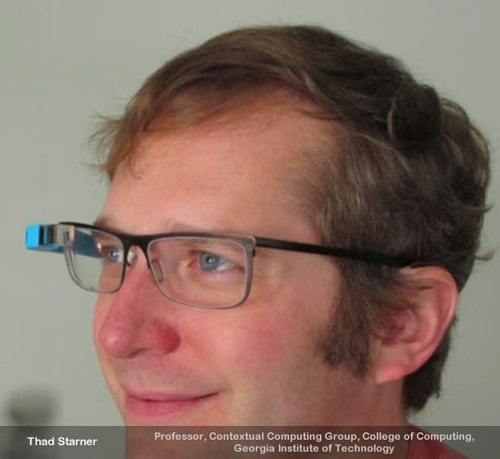Colonel Lisa A. Shay, Ph.D., PE
Electrical Engineering Program Director
Department of Electrical Engineering and Computer Science
US Military Academy
Lisa A. Shay is the Electrical Engineering Program Director in the Department of Electrical Engineering and Computer Science at the US Military Academy at West Point. She holds a B.Sc. from the US Military Academy, an M.Sc. from Cambridge University, and a Ph.D. from Rensselaer Polytechnic Institute, all in Electrical Engineering. She is a Senior Member of the Institute of Electrical and Electronic Engineers, a member of the American Radio Relay League, and a licensed professional engineer.
Her academic interests include neural networks and wireless data communications systems, and power systems. Her research interests range from privacy and security issues related to ubiquitous sensors, to wireless network design, to engineering pedagogy. She was featured in an IEEE Spectrum’s Techwise Conversations with Steven Cherry, “License Plates, Cameras, and Our Vanishing Privacy.
Read more










